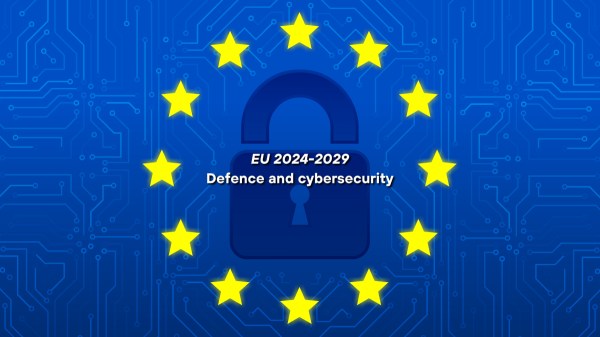
Changes in demographics and technological advances are going to disrupt future labour market even though it´s difficult to predict how it will play out.
McKinsey Global Institute Analysis indicates that by 2030 there will be at least 300 million more people aged 65 years and older than in 2014. Additionally, between 400 million and 800 million individuals could be displaced by automation by then.
This scenario has globally sparked public concerns but we can find interesting lessons in history that suggest new jobs will be created from robotics, artificial intelligence, Blockchain, IoT and other cutting-edge technology´s new labour demands that did not exist decades before.
Because technology might destroy some jobs but will not destroy employment. What seems obvious is there will be a large-scale workforce transitional period where displaced workers will need to switch their occupational categories by training in new skills requested. It is also important to highlight that automation will take boring and repetitive tasks that will let us do what we are best at: creativity, empathy, critical thinking, leadership, artistic expression, and a whole host of other qualities. This will make us better at our jobs and empower us as humans.
In order to achieve good outcomes policy makers and business leaders should embrace potential benefits generated from automation and Artificial Intelligence by urgently checking current educational systems and workforce training models that are not admissible anymore.
Encouraging investment in human capital and workers re-deployment should become a national priority.
And workers, directly affected by this new changes, need also to react to this challenges and this can be done in many different ways: they can either slow the pace and scope of adoption in order to preserve the status quo reached, or take initiatives focused in acquiring the skills that will be in demand in a not far away future.
The future of work is going to be all about skills but also about proactive attitudes and that´s why choosing the option of not acting immediately would be a completely mistake because technological innovations are taking place at an unprecedented speed.
Lifelong learning philosophy is going to become increasingly central in everyone´s career to continuously improve their skills.
Adopting an entrepreneurial mentality about yourself will help you manage you professional career and decide your own destiny. Reid Hoffman, co-founder of LinkedIn, called it the “startup of you” approach.
The rate of technological changes may have surpassed the speed at which human minds can process them so employees will need to have flexible capacities to embed advances and learn from them. That basically suggest that lifelong learning philosophy is going to become increasingly central in everyone´s career to continuously improve their skills.
But not only “hard skills”. As commented before, soft attributes like communication abilities, critical thinking, teamwork e.g. will be critical to achieve workers job goals.
Predictive analytics could help business and policy makers to identify skill gaps and present and future job demands in order to up skill or re skill current workforce. But time goes by and each of us have our own individual responsibility in adapting ourselves to this upcoming Fourth Industrial Revolution labour market if we do not want to fall behind
Successful online tools allow new ways of learning that can be customized to different needs and digital platforms can connect the complex stakeholder system in order to work together to address this challenges.
Scanning the horizon for growth opportunities, and pushing yourself to acquire radically different capabilities requires a willingness to experiment but success in this world of rapid change depends on the ability to achieve new skills and knowledge quickly and continually.









